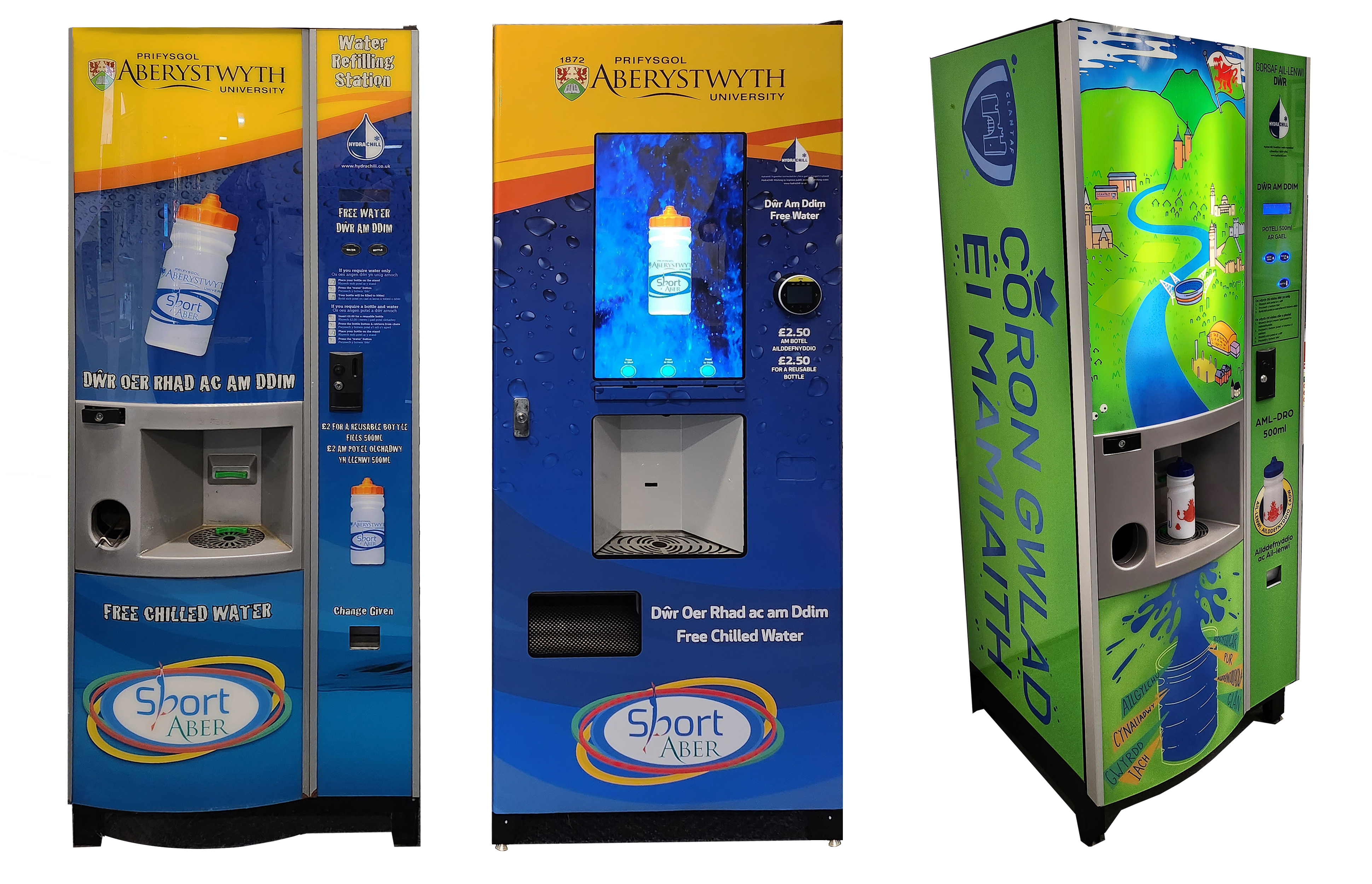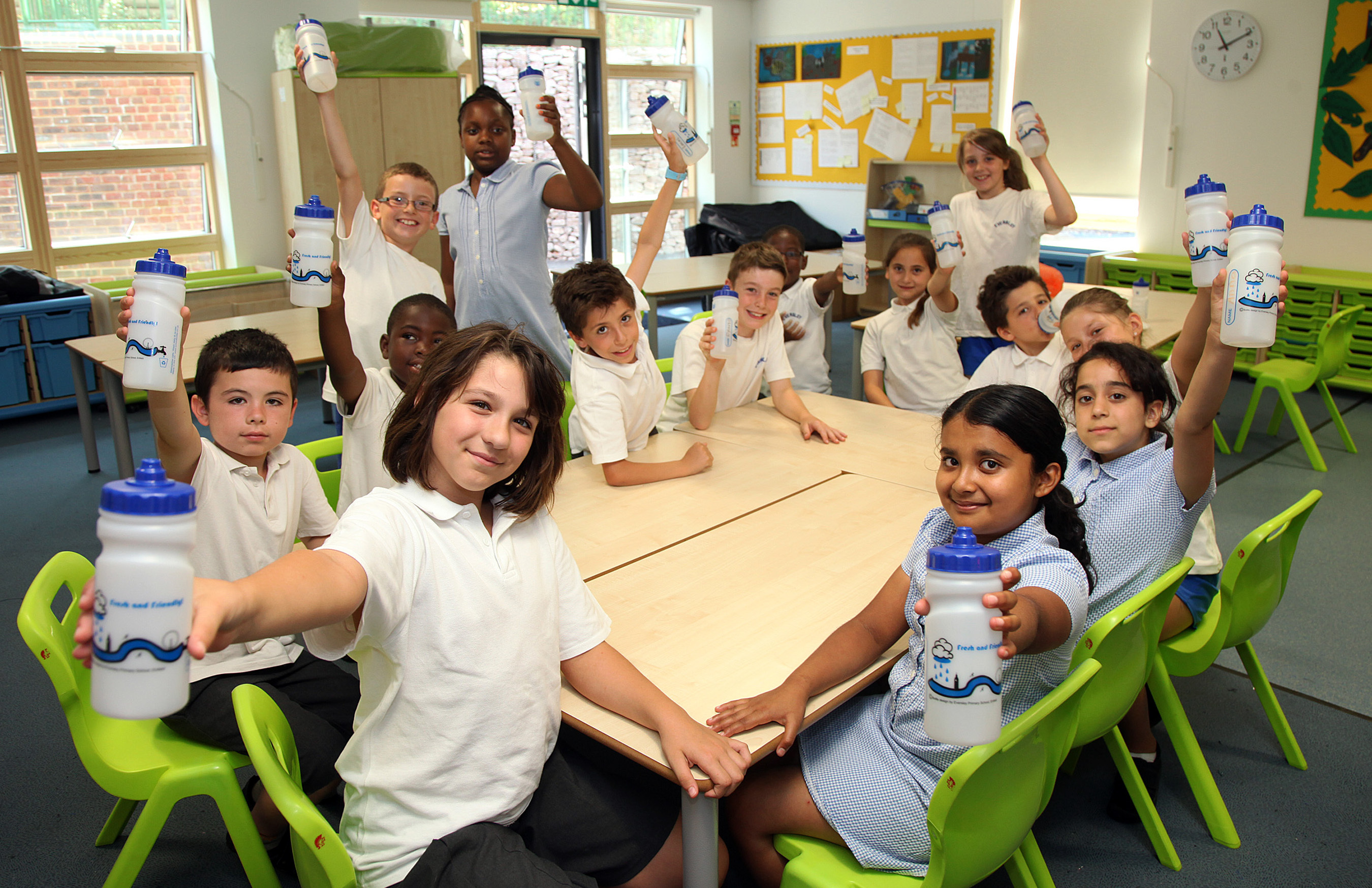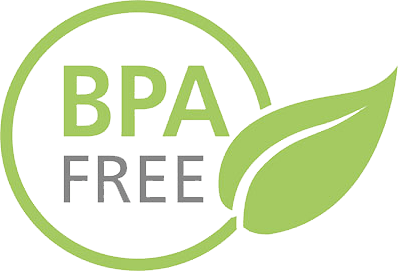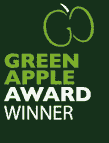It was pleasing to see Hugh Fearnley Whittingstall using one of our reusable water bottles to help demonstrate an important point, at a recent conference.
The occasion was the World Eel Symposium held by the Zoological Society of London at Regent’s Park, earlier in June. In case you ask, eel populations have come under threat in recent decades and are inevitably among the sea creatures threatened by our throwaway plastic madness.
Hugh is of course a well-known campaigner on environmental issues, having recently highlighted the reusable coffee cup dilemma, a topic we covered in our last blog. Now it seems he is joining us on the reusable bottle trail. If so, he would be most welcome.
It’s encouraging to note how awareness of the disposable plastics issue appears to have grown dramatically this year, with marine campaigners to the fore. An article in one leading publication last week even described the planet’s plastic waste threat as equivalent to Global Warming.
So why would Hugh wish to be pictured with a bottle made from the material that helps contribute to the problem? Well, it’s the same dilemma we as bottle suppliers face in deciding which reusable bottle materials to develop.
The answer is relatively straightforward. It combines affordability with reusable impact potential and retention value.
To achieve critical mass impact on the single use bottle ‘throwaway’ habit, the reusable bottle alternative has to be sufficiently affordable to the majority. Most schools for instance would find metal bottles at two or three times the cost of a reusable plastic alternative, well beyond their budget capability. The result, more single-use bottles in school yards, less opportunity to change young practices.
In reality, it’s the throwaway habit we have to address first and foremost. A well-designed quality plastic bottle, maintained hygienically, can withstand hundreds if not thousands of reuses. So, the problem is less the material than the way we practise using it, allied of course to an effective local council collection and recycling regime.
Plastic exists, contributing to our lives in a million useful ways from computers to windows. As Hugh will have demonstrated with the symposium's appealing customised bottle, their long–term benefit lies in the responsibility we assume in reusing, maintaining and ultimately recycling them.








